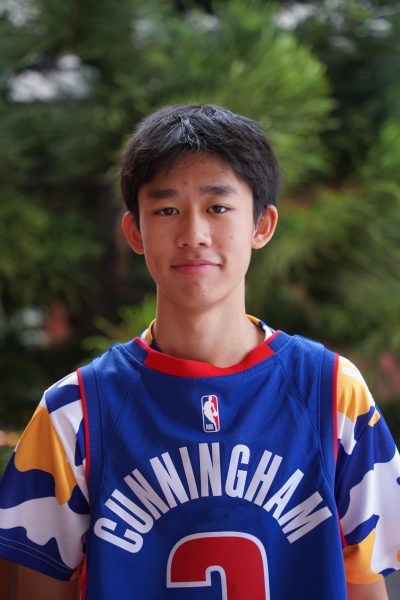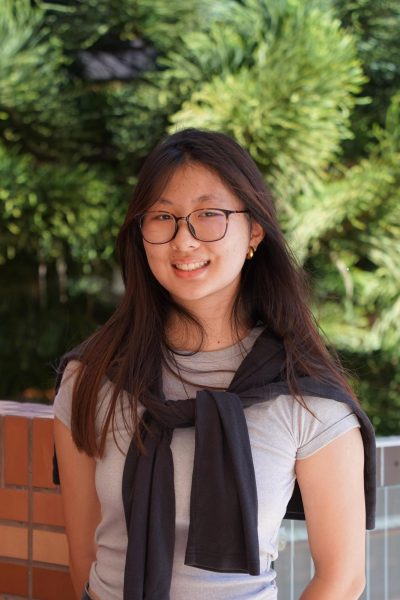At the end of August, TAS’s (Taipei American School) Chief Operating Officer (COO), Mr. Larry Kraut, took to the parent post to outline a new policy. Specifically, a policy surrounding the school’s newfound support for students participating in external competitions organized by the Taipei City Government Department of Education (DOE) and the Taiwan Ministry of Education (MOE).
Simply put, this new policy is “more [of] a partnership with the parent of the student,” Mr. Kraut said. The school requires the parents to sign a liability waiver, check the background of any outside tutors or coaches and fill out the contest’s proper license. While some competitions allow students to individually enroll, others require students to register for the program through an organization, which would have to be TAS. Thus, the addition of the policy will broaden the scope of competitions open to TAS students, allowing them to compete in both individual and organization-based competitions.
Before the policy, the school’s hesitance to sponsor students in external competitions was due to legal and liability issues. The state of the TAS competition policy before was more disordered, with the school signing off on tournaments without thorough inspection. One notable instance of the previous faulty system was of a middle school student who, under the school’s name, reached a national level during an art competition, only for their work to be exposed as plagiarized. The scandal highlighted the need for a more rigorous competition-sponsoring structure within the school.
The decision to implement this policy began shortly after the pandemic ended. As daily life restarted, an increasing number of students wanted to enroll in competitions once more. Nevertheless, the school did not have a prepared system for sponsoring students. However, after the new head of school, Mr. David Frankenberg, joined, he encouraged the creation of a new procedure that handled the risks and liabilities that came with sponsoring students in external competitions.
After reviewing a hefty list of 600 competitions, the school pre-approved over 60 of them. “The ones we don’t grant pre-automatic approval to are the ones that are sports we don’t offer…it’s difficult for us to determine what’s a safe approach for the sport,” Mr. Kraut said. Examples of pre-approved contests include low-impact sports, such as badminton and golf, and intellectual contests, such as chess and science. Though it’s not to say that competitions without approval will not be sponsored by the school entirely. The case-by-case competitions are those with a higher danger level, such as archery, boxing or judo. If a student wants the school to support them for a case-by-case competition, their parents need to send in their request 30 days before the registration period, and the school will undergo a risk assessment to determine whether the competition is safe.
After every policy, there is always a discussion regarding whether it is beneficial or not. In this case, there isn’t much room to argue against this new policy. It only aims to provide students with a positive competition experience, while making it easier for parents to register for them.

![A myriad of impressive trophies and awards. [ANNABELLE HSU/THE BLUE & GOLD]](https://blueandgoldonline.org/wp-content/uploads/2025/09/Awards2-1200x512.jpeg)
![Students' calendars say goodbye to exam week. [ANNABELLE HSU/THE BLUE & GOLD]](https://blueandgoldonline.org/wp-content/uploads/2025/09/Exam-week-1200x740.jpg)
![A collection of college flags. [PHOTO COURTESY OF AMBER HU ('27)]](https://blueandgoldonline.org/wp-content/uploads/2025/05/IMG_5029-1200x577.jpeg)

![An SAT word cloud. [PHOTO COURTESY OF WORDCLOUDS]](https://blueandgoldonline.org/wp-content/uploads/2025/05/SAT.jpeg)
![Collage of banned books, including “The Handmaid’s Tale” by Margaret Atwood. [MINSUN KIM/ THE BLUE & GOLD]](https://blueandgoldonline.org/wp-content/uploads/2025/04/IMG_4274-1200x681.jpeg)


